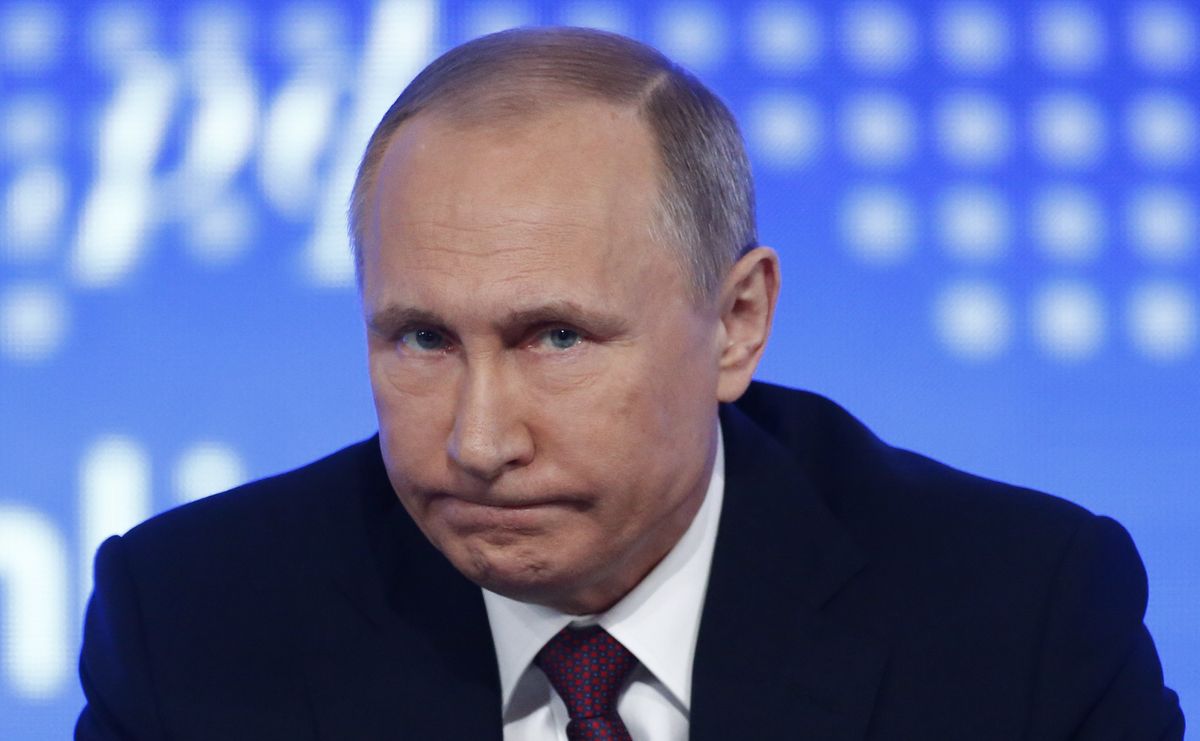For many months now, Vladimir Putin has faced the dilemma of how to rustle up enough warm bodies for his invasion of Ukraine without exposing too much of the Russian population to the horrors of war. One way that the Kremlin has tried to solve this problem? Poach the neighbors instead!
Russia has been recruiting fighters from the neighboring former Soviet republics of Central Asia — Kazakhstan, Kyrgyzstan, and Uzbekistan, in particular. None of these countries are happy about it.
In late June, officials in northern Kazakhstan, a region home to a sizable ethnic Russian population, flagged efforts to recruit mercenaries for the Kremlin’s war effort, as well as to stoke separatist sentiment against the Kazakh government. The Kazakhs have also proposed banning any distribution of goods bearing the “V” and “Z” symbols, which in Russia signal support for the invasion of Ukraine.
But there’s a much larger prize for the Kremlin’s drill sergeants: the millions of Central Asian migrants who work menial jobs inside Russia. Moscow has promised them regular salaries and a fast track to Russian citizenship — a big deal for migrant workers — in exchange for signing contracts with the Russian army.
It’s not known how many have accepted that bargain, but earlier this year, Kyrgyzstan sentenced a Kyrgyz man to 10 years in prison for joining the Russian army while he was working in Moscow. According to prosecutors, the Russian army paid him 180,000 rubles (about $1,900) a month, triple the average earnings of a migrant worker in Moscow. Earlier this month, Kyrgyzstan arrested another man who had been recruited by Wagner Group while serving time in a Russian prison.
Prominent Russian lawmakers have lashed out at Central Asian countries for prosecuting their own citizens on these charges, but joining a foreign army is, in fact, a crime in Kazakhstan, Kyrgyzstan, and Uzbekistan (as it is in Russia too, ironically enough).
Tensions over the Kremlin’s recruitment efforts reflect broader cleavages between Central Asian countries and Russia over the invasion of Ukraine. While they are still firmly within Russia’s economic, security, and cultural orbit, they’ve sought to distance themselves from the Kremlin’s neo-imperial adventures. Read more about that here. And for our look at the foreign fighters helping Ukraine, see here.






